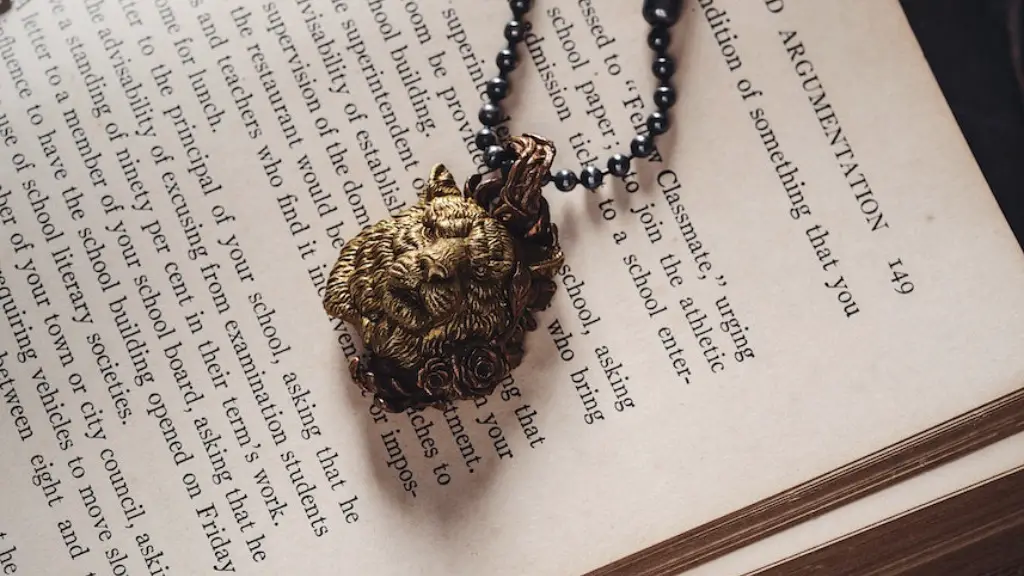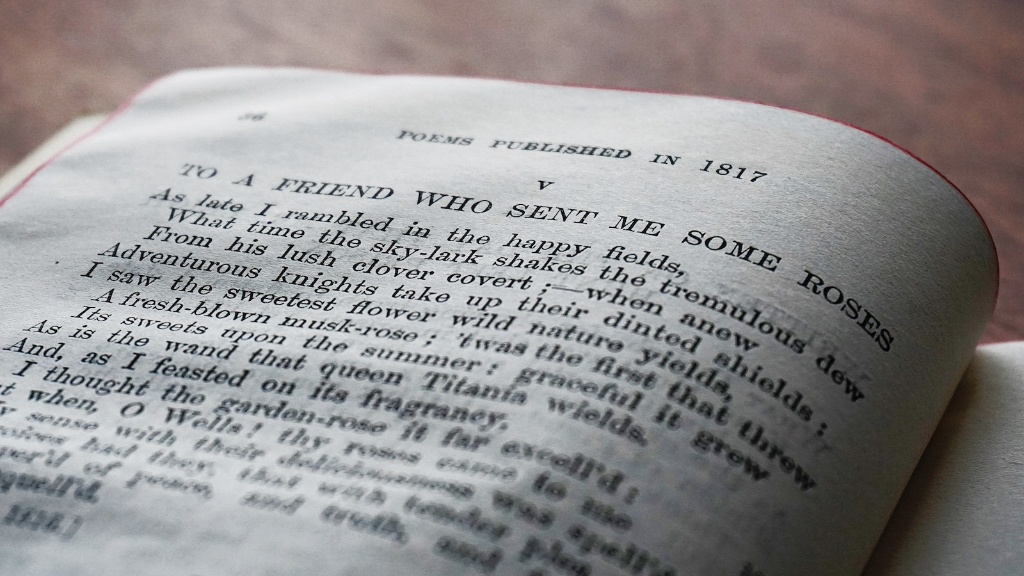Definition of Urdu Poetry
Urdu is one of the major languages of South Asia and is the official language of Pakistan; it is written in the Arabic script and originates from an amalgam of Persian, Sanskrit, and Arabic. Urdu poetry is typically rhymed verse written in a poetic form called ‘Gazal’, which consists of couplets, or two-line verses, with a frequent refrain. Gazals are widespread in South Asia, Iran, the Middle East and other parts of the Muslim world.
The Father of Urdu Poetry: Mirza Asadullah Khan Ghalib
Mirza Asadullah Khan Ghalib (1797-1869) is generally regarded as the undisputed master of Urdu poetry, and the father of Urdu Poetry. Ghalib was born into a family of Aqais, laureates in the court of Mughal emperor Bahadur Shah Zafar II who was the last Mughal king in India. He had a great influence on his contemporaries, and later Urdu literature became known as ‘Ghalibiat’. He was an incredibly gifted poet and had an expansive body of works that include letters and diwans, or collections of poems.
Ghalib’s Writings, Style, and Legacy
Ghalib’s writings are known for their insightfulness and wit, as well as for their simplicity. He wrote in various styles, ranging from solemn and traditional to hard-hitting and dramatic. His talent for rhetoric and metaphor made him popular not only within the Urdu literary tradition, but also within Indian and Islamic art.
Ghalib was able to communicate deep feelings and ideas in a few words, making his works timeless and appreciated by readers of all generations. He has been described as the greatest poet of the Delhi dialect, and is thought to be one of the most influential poets of the Indian subcontinent. Ghalib has inspired numerous composers and performers, and his works continue to have a profound impact on Urdu poetry.
Ghalib’s Poetry in Popular Culture
Ghalib’s poetry is widely celebrated in popular culture, including films, songs, and television shows. His works have been translated into numerous languages, including English, and several of his works have been adapted into Bollywood films. His works have also been interpreted by numerous Indian singers, and his name is often invoked in popular culture by musicians and lyricists. His influence has extended to Pakistan as well, and his works are featured regularly in Pakistani dramas and films.
The Impact of Ghalib on Popular Music
Due to Ghalib’s profound influence and legacy in popular culture, his works have been adapted and used in popular music. Ghalib’s Gazals have been re-appropriated and performed by singers in various styles and genres, which have often lent to the music’s popular appeal. His gazals have also been associated with folk and classical ghazal traditions, which have made them all the more popular. Ghalib’s poetry has been used by numerous Indian singers in popular Bollywood films. His words have lent to the music’s emotional appeal and have become synonymous with Urdu literature and culture.
Ghalib’s Significance in Current Times
Today, Ghalib’s works are celebrated around the world. His poems are still widely read and admired. His thoughtful and witty words, along with his influence in popular culture, have made him an icon of Urdu poetry and culture. His works are often referenced in modern Urdu literature and popular culture.
Ghalib has had a profound influence on writers, poets, and literary scholars. His works have been analyzed and studied for centuries and continue to influence writers around the world. He is known for his ability to capture the essence of everyday life in simple, yet eloquent language. Ghalib’s works are still treasured and admired, and he remains the beloved father of Urdu poetry.
Ghalib’s Influence on Urdu Writing Traditions
Ghalib has had an immense influence on Urdu writing traditions and has served as a mentor to countless poets and scholars. His works have been widely discussed and critiqued, and his legacy remains as one of the most influential and beloved figures in Urdu literature. His works have been used in numerous genres, and his words have lent emotional depth to some of the most popular songs, films, and television shows in recent decades. Ghalib’s significance in current times is undeniable, and his influence on modern Urdu poetry is still prevalent today.
Ghalib’s Impact on Urdu Language
Ghalib has had a profound impact on the Urdu language. He has been credited with the creation of many words and phrases that are still in use today, including those which are used in everyday conversation. His works have been used in Urdu text books, and his words have served as a source of inspiration to countless poets, writers, and scholars for centuries. Ghalib’s influence on the Urdu language and culture is immeasurable, and he remains to this day the beloved father of Urdu poetry.
Ghalib’s Enduring Impact on Urdu Literature
The legacy of Ghalib’s work continues to be felt in Urdu literature today. His works have been the source of inspiration for countless poets, writers, and scholars for generations. His influence is evident in contemporary Urdu literature, where his works are frequently used and referenced. Ghalib remains one of the most beloved and influential figures in Urdu literature and his works continue to be appreciated and celebrated today.


